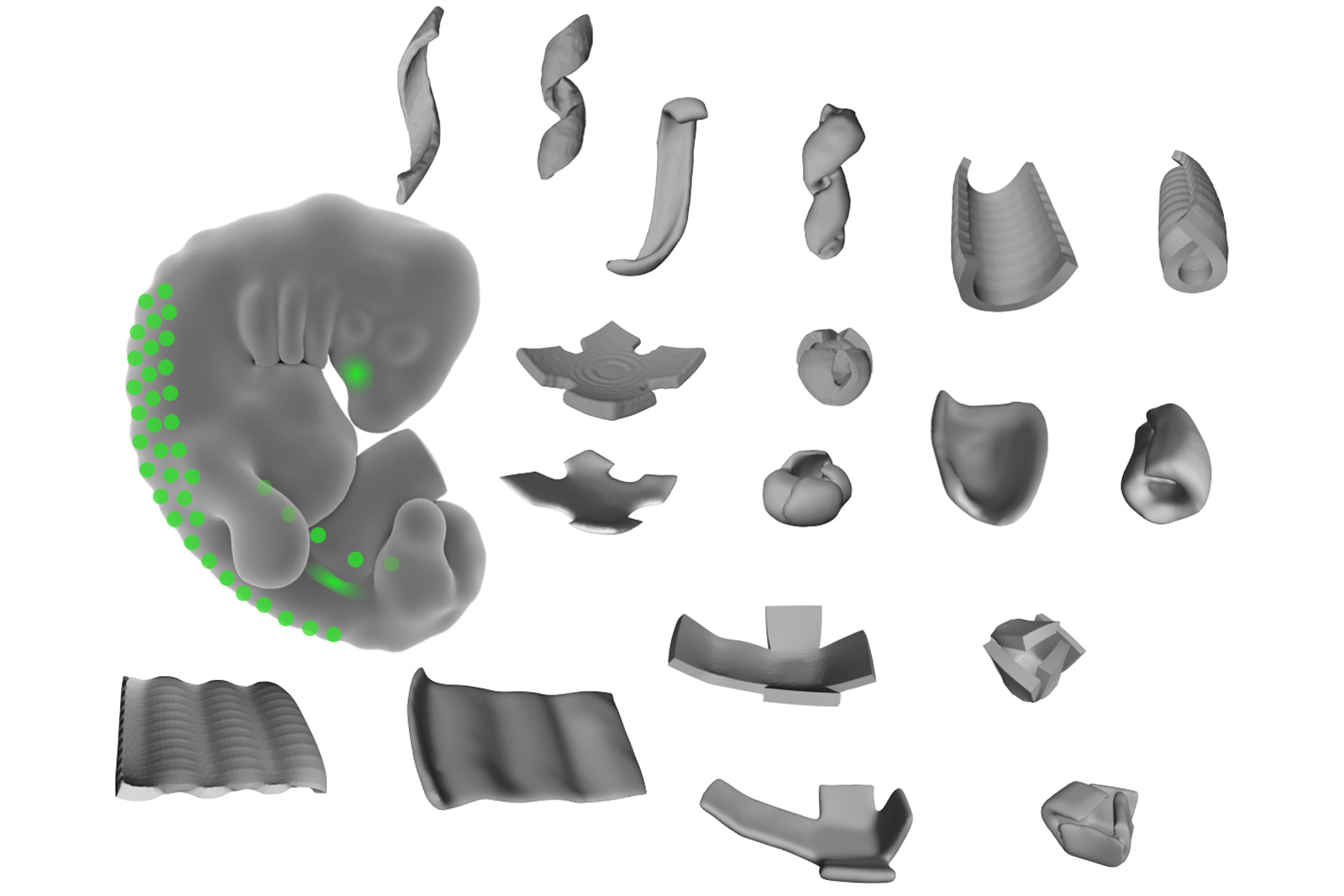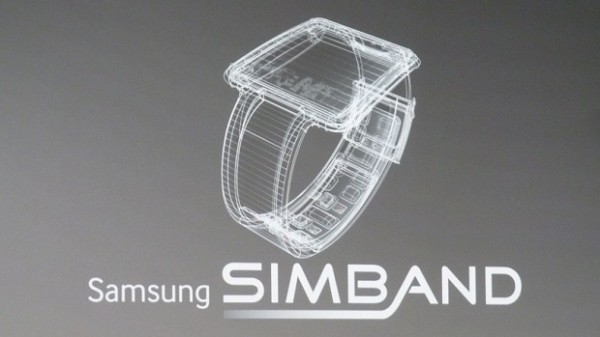The South Korean company seems determined to improve its line of wearables with a new digital health technology platform that relies on sensors to track such body functions as blood pressure, respiratory rate and heart rate.
Samsung unveiled this new platform at a recent event that took place in San Francisco. Simband, as this digital product is called, is not currently bundled with any commercial products, but it is very likely that the South Korean tech giant will be launching new wearables to support it. For the sake of demonstrating Simband’s functions, Samsung used a wristband, but it’s more probable that this technology will find its way in a smartwatch.
Simband is supposed to post all of the data it collects to SAMI, a cloud-based open software platform that stores it securely for future reference. As Samsung stated, “The combination of Simband-designed sensor technologies and algorithms and SAMI-based software will take individual understanding of the body to a new level.”
The South Korean company is collaborating with university researchers in order to help improve healthcare. Michael Blum of the University of California at San Francisco explained how Samsung’s digital health platform is able to achieve that “Our bodies have always had something to say but now, with advanced sensors, algorithms and software, we will finally be able to tune into what the body is telling us. Validation of these technologies will improve the quality of data collected and help advance the ability to bring new products to market quickly.”
According to Young Sohn, President and Chief Strategy Officer, Device Solutions at Samsung Electronics, Simband “provides an exciting opportunity for the brightest minds in the technology world to come together to develop the products that will, for the first time, put individuals in the driver’s seat in understanding their own health and wellness. At a time when health care spending is at record levels and when the number of people over the age of 60 worldwide is expected to exceed more than 1.2 billion by 2025, digital health is an incredibly important area for innovation. We believe this initiative will be an essential first step and we invite developers and partners across the globe to join us in creating the technologies of the future that will help make people’s lives healthier.”
All we have to do now is wait for Samsung to launch products that will make use to the fullest of this platform.
Be social! Follow Walyou on Facebook and Twitter, and read more related stories about Samsung Gear Fit and Samsung’s Tizen OS Gear Glass.

 Never mind 3D-printing organs -- the real dream is to make the tissue itself bend to your will, and UCSF scientists have managed just that. They've discovered that they can 'hack' special cells that help fold tissue (mesenchymal cells) to create 3D...
Never mind 3D-printing organs -- the real dream is to make the tissue itself bend to your will, and UCSF scientists have managed just that. They've discovered that they can 'hack' special cells that help fold tissue (mesenchymal cells) to create 3D...
 Never mind 3D-printing organs -- the real dream is to make the tissue itself bend to your will, and UCSF scientists have managed just that. They've discovered that they can 'hack' special cells that help fold tissue (mesenchymal cells) to create 3D...
Never mind 3D-printing organs -- the real dream is to make the tissue itself bend to your will, and UCSF scientists have managed just that. They've discovered that they can 'hack' special cells that help fold tissue (mesenchymal cells) to create 3D...
 Today on In Case You Missed It: Kobi is a yard work robot that is purportedly able to clean leaves, mow the lawn and shovel snow, though the promo video shows it very briefly moving snow only, so stand by for reviews on that rush purchase. Meanwh...
Today on In Case You Missed It: Kobi is a yard work robot that is purportedly able to clean leaves, mow the lawn and shovel snow, though the promo video shows it very briefly moving snow only, so stand by for reviews on that rush purchase. Meanwh...
 Today on In Case You Missed It: The National Highway Traffic Safety Administration is proposing to mechanically limit the speed of buses and semis over 26,000 pounds to under 68 miles per hour. The idea focuses on safety concerns but also would imp...
Today on In Case You Missed It: The National Highway Traffic Safety Administration is proposing to mechanically limit the speed of buses and semis over 26,000 pounds to under 68 miles per hour. The idea focuses on safety concerns but also would imp...
 Sean Parker is known for many things: co-founding Napster, joining Facebook in its early days, starting charities and creating his share of technology startups. If all goes well, though, he'll also add "helped cure cancer" to that list. He just found...
Sean Parker is known for many things: co-founding Napster, joining Facebook in its early days, starting charities and creating his share of technology startups. If all goes well, though, he'll also add "helped cure cancer" to that list. He just found...

